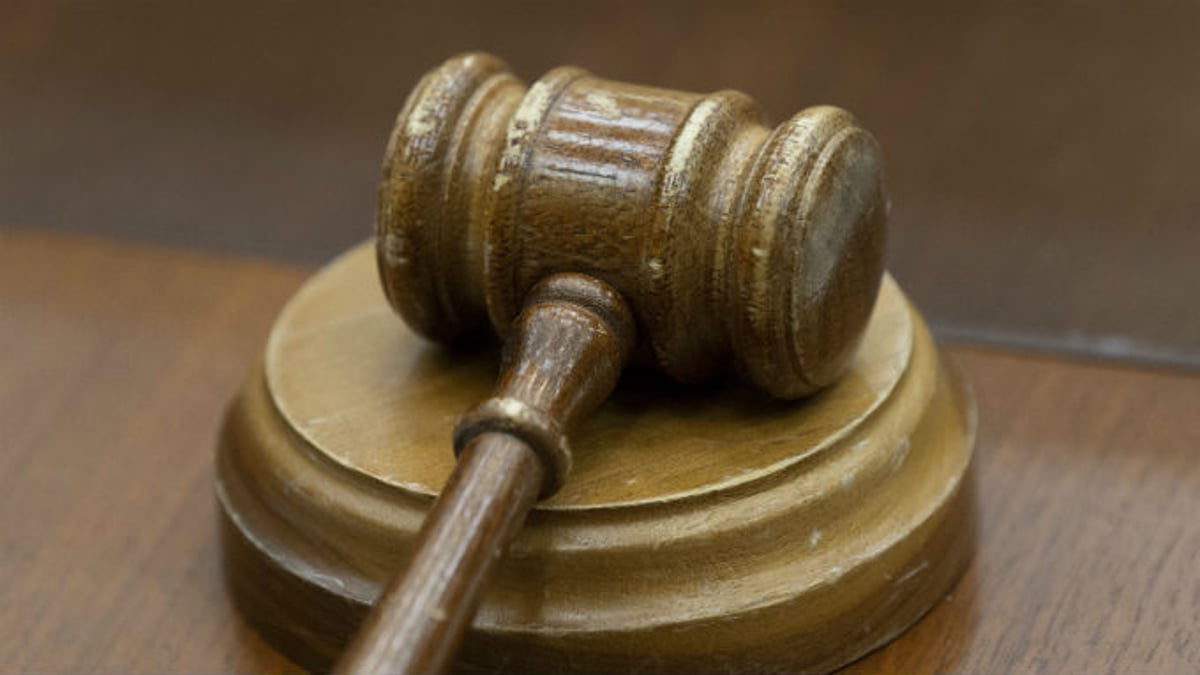Appeals Court Wire Act Ruling Shores Up Online Gaming

Online gambling interests got extremely good news Wednesday when the U.S. Court of Appeals for the First Circuit upheld a District-level ruling that the Wire Act’s reach was limited to include wagering on sports events only.
The ruling puts to rest a threat from the U.S. Department of Justice to the multi-billion dollar internet gambling industry, from state-run lotteries who conduct their sales online to the array of licensed and legal gaming operators who offer online casino games.
The DOJ was challenging the established norms of online gaming, including the operations of online casinos, that have been in place for about a decade, following a recent reversal of a previous DOJ Office of Legal Counsel opinion on the 60-year old Federal Wire Act. The recent DOJ stance, which the federal appeals court rejected, was that the Wire Act applied to gambling activities beyond sports events.
A New Hampshire federal district judge had already sided with the New Hampshire Lottery, which was challenging the DOJ. Wednesday’s federal appeals court decision cemented that previous ruling.
Spanning decades, the Department of Justice’s overall position regarding the Wire Act — and in more recent times, the DOJ’s Office of Legal Counsel’s opinions — have occasionally been schizophrenic, to put it mildly.
For much of the first half-century of the Wire Act’s existence, the Department of Justice had held that the 1961 anti-gambling law applied to activities beyond sports events despite what many argued was fairly explicit language in that the law, as written, applied to “the placing of bets or wagers on any sporting event or contest.”
Despite that language, the Wire Act (presuming a broad interpretation) was often seen as a potential threat to online poker in the early part of the 21st century as Internet poker companies operated in a perceived legal gray area. As it turned out, it was largely the Unlawful Internet Gambling Enforcement Act of 2006 that torpedoed the booming Internet poker industry five years later in 2011.
Specific to Sports Gambing
Interestingly, at the end of 2011, an opinion by the DOJ’s own Office of Legal Counsel reversed what had been the Department of Justice’s long-held stance on the Wire Act as the Office of Legal Counsel issued an opinion that the anti-gambling law was indeed specific to sports gambling. That opinion came as state lotteries were pressing the issue because they sought to sell lottery tickets online.
Once the OLC issued its 2011 opinion, states with casino gambling started passing laws and crafting regulations to allow their legal gambling operators to go online with digital slot machines and tables games, as well as Internet poker.
Then in late 2018, the Donald Trump administration DOJ’s Office of Legal Counsel made a 180-degree pivot and contended that the Wire Act did indeed apply to gambling activities beyond sports gambling.
Of course, state lotteries were upset, not to mention the broader commercial online gambling industry that has blossomed over the last decade. The New Hampshire Lottery, backed by allies, marched into court to challenge the DOJ’s more recent interpretation of the Wire Act. The earlier federal district ruling and Wednesday’s federal appeals court decision were the results.
As President Joe Biden's administration begins, there had been optimism that the Wire Act concerns would be addressed in favor of gaming interests. Prior to the inauguration, there were opinions by prominent law firms that Biden would have the DOJ drop its appeal of the district-level ruling and even rescind the 2018 OLC opinion entirely. Today’s appeals court ruling avoids any administration intervention on the court case.










